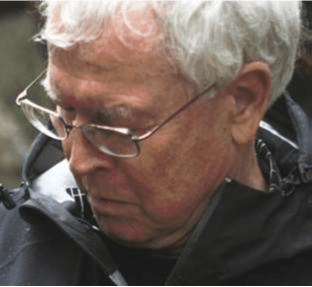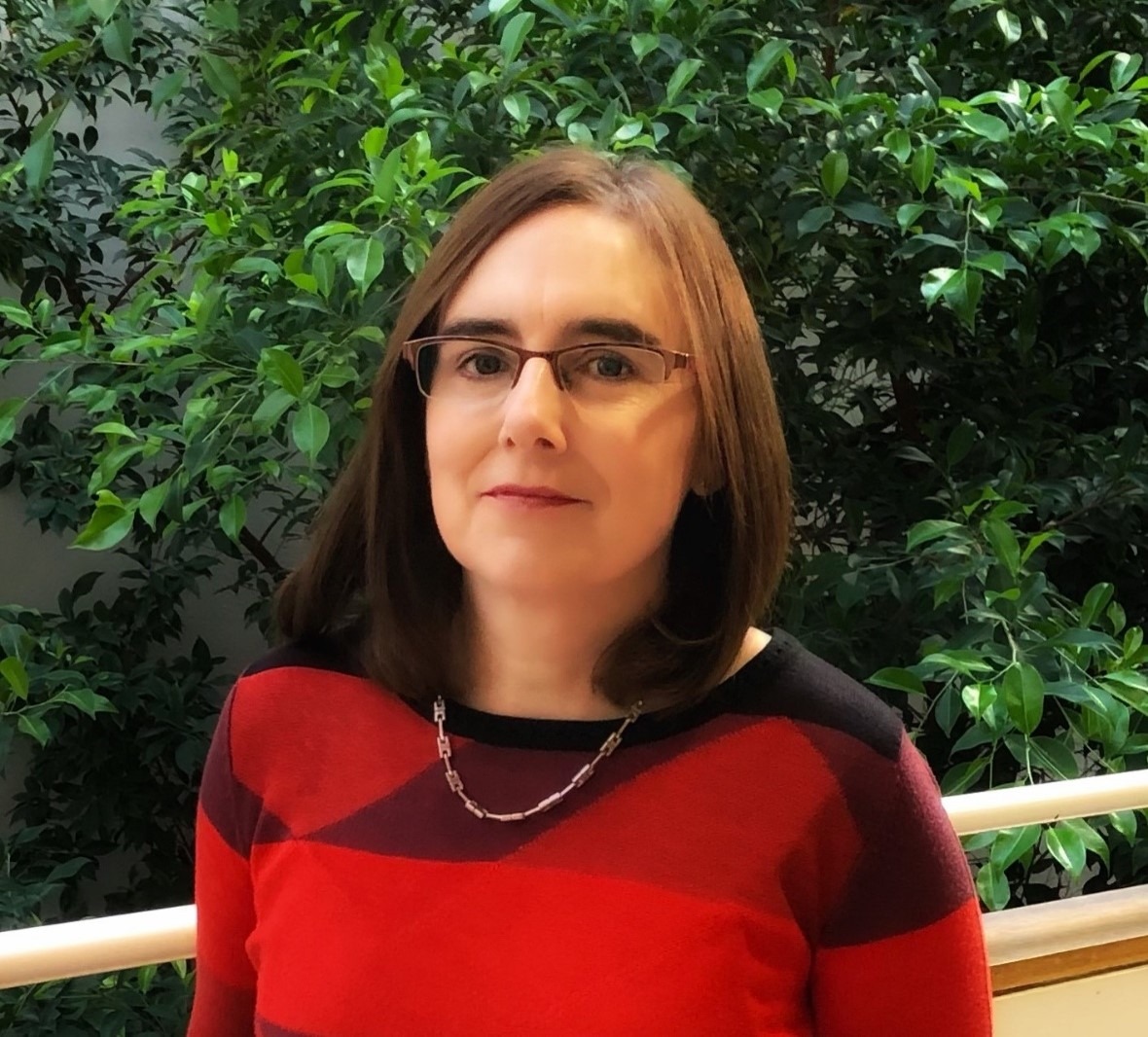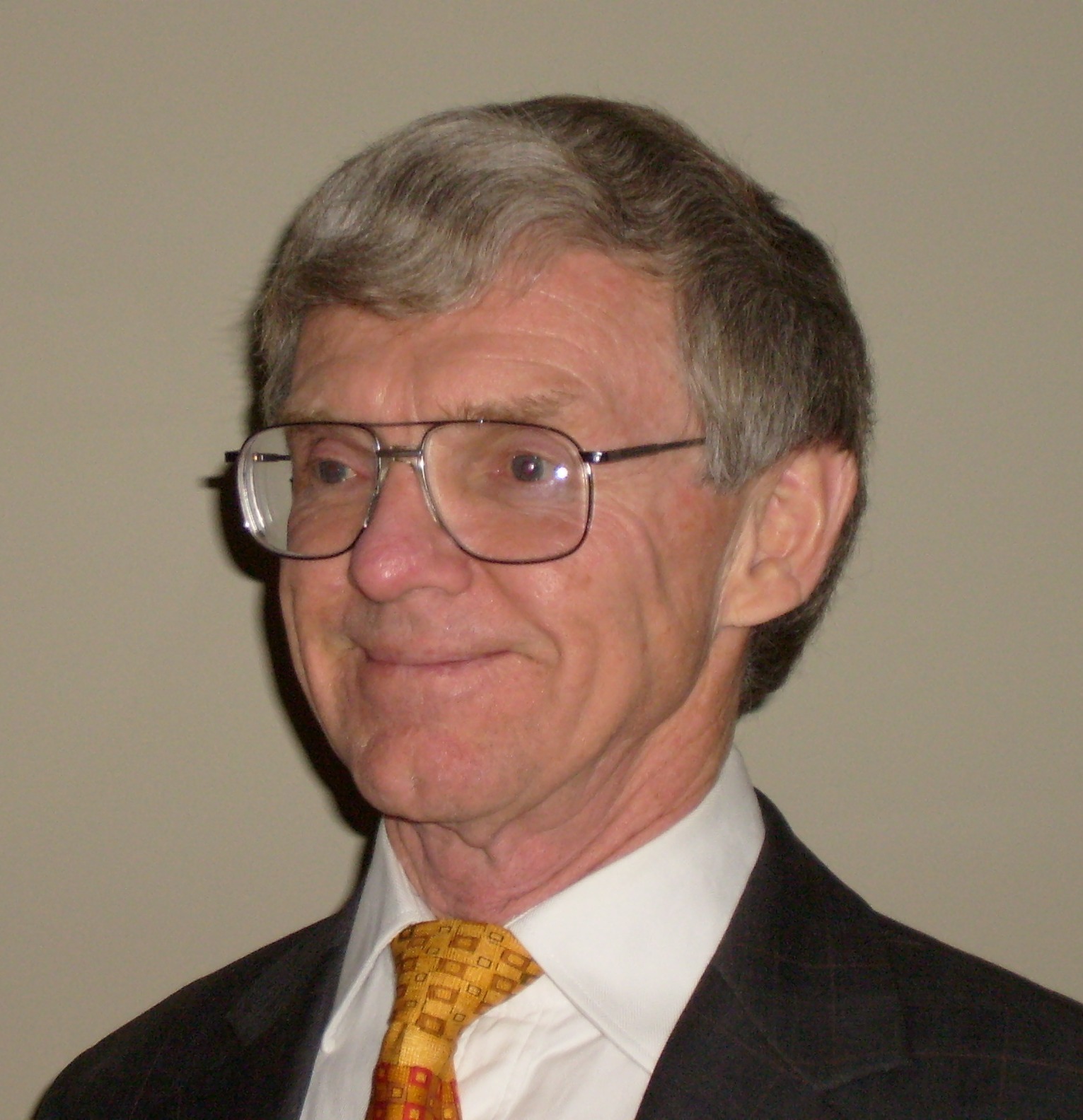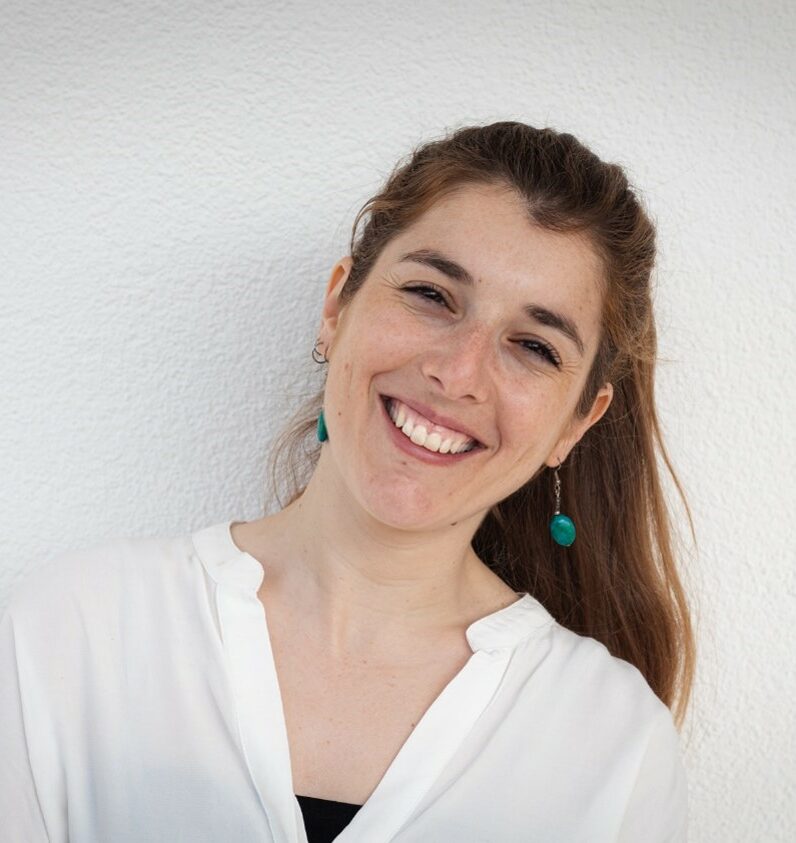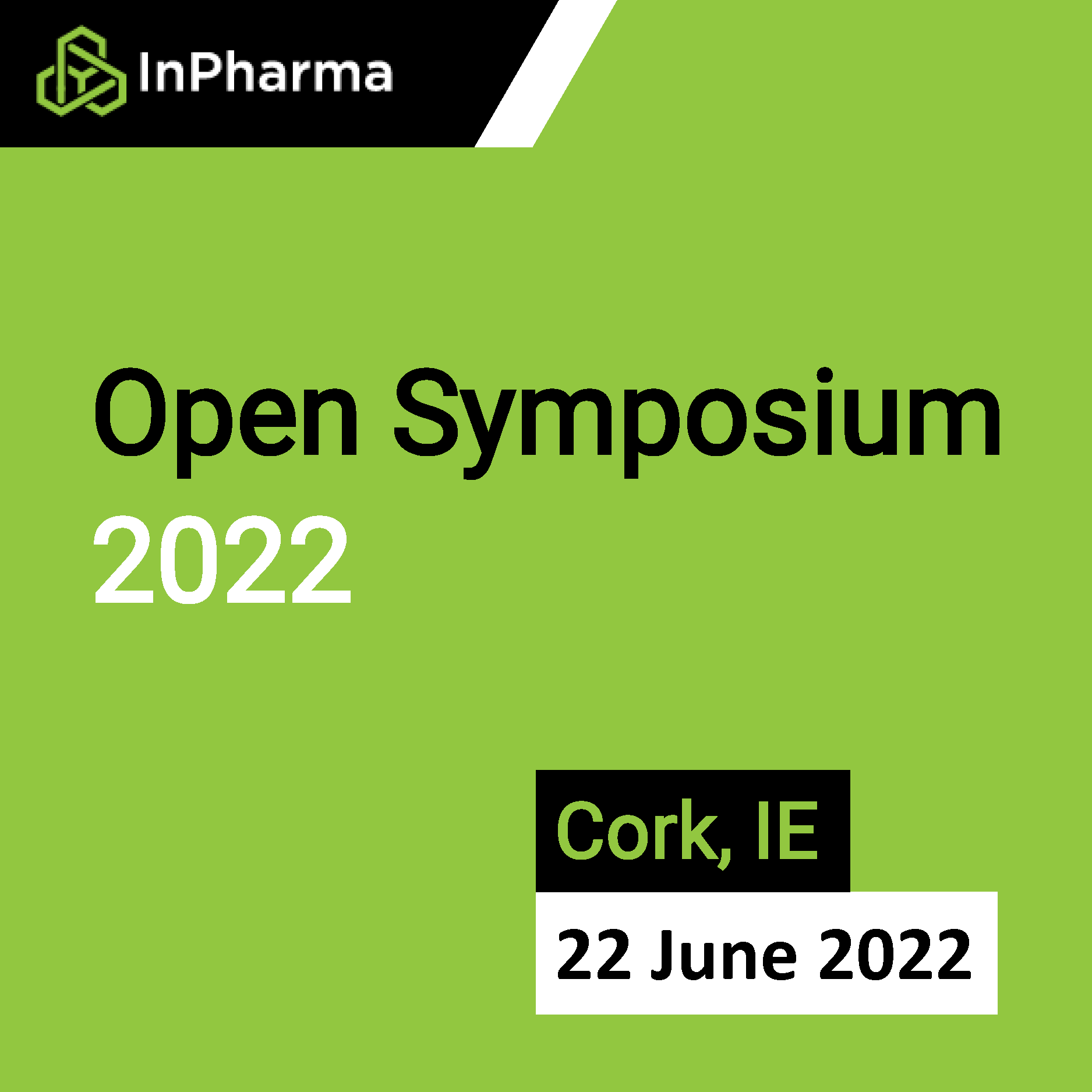
InPharma Symposium 2022: Advancing an integrated, animal-free, end-to-end modelling approach to oral drug product development
The theme for the InPharma Symposium is Advancing an integrated, animal-free, end-to-end modelling approach to oral drug product development. There will be four distinct sessions, as outlined below, followed by a round table discussion at the end of each session.
Hourly Schedule
Welcome Address
- 08:50 - 09:00
- Welcome Address
- Prof John Cryan, Vice President for Research & Innovation at University College Cork
Session 1: Early Stage Drug Solubility Screening: From Theory To Prediction (Chair: Brendan Griffin)
- 09:00 - 09:45
- Determining the Solubility and Implications of the Result
- Bradley Anderson, University of Kentucky
- 09:45 - 10:30
- Solubility of salts – what are the pitfalls?
- Alex Avdeef, in-ADME Research
- 10:30 - 11:15
- Utilizing solubility data for in vivo performance prediction throughout (pre)clinical development
- Chara Litou, Idorsia Pharmaceuticals Ltd
Session 2: Predicting formulation performance (Chair: Jennifer Dressman)
- 11:30 - 12:15
- Informed selection of formulation approaches for poorly water soluble APIs
- Anne Marie Healy, Trinity College Dublin
- 12:15 - 13:00
- Role of PBPK in predicting formulation performance
- Nikoletta Fotaki, University of Bath
Session 3: Regulatory Perspectives: Advancing 3Rs Approach And Animal Free Formulation Screening Approaches (Chair: Caitriona O'Driscoll)
- 14:00 - 14:30
- Scientific animal protection
- JG Beechinor, HPRA, Ireland
- 14:30 - 15:00
- Non-animal approaches and regulatory progress
- Elisabet Berggren, European Commission Joint Research Centre
- 15:30 - 16:00
- Saving Snoopy – reimagining late stage preclinical development with TIM
- Susann Bellman, TNO, Netherlands
Session 4: Industrial Perspectives On Model Informed Drug Development (Chair: Patrick O’Dwyer)
- 16:00 - 16:30
- Translational modeling of orally administered drug products: Challenges & Opportunities
- Mark McAllister, Pfizer
- 16:30 - 17:00
- PhysioMAD: an improved assessment of absorption potential & limitations in development
- Jef Stappaerts, Janssen
Speakers
-
Alex AvdeefAAPS Fellow
Dr. Alex Avdeef is an AAPS Fellow, a Visiting Senior Research Fellow at King’s College London, and the author of Absorption and Drug Development, 2nd Ed., Wiley, 2012. For nearly 50 years, he has been teaching, researching, and developing methods, instruments, and analysis software for measurement of ionization constants, solubility, dissolution, and permeability of drugs.
His accomplishments in the development of instrumentation include several well-known instruments which are or recently have been manufactured by leading companies in the instrument market, including ThermoFisher. He has nearly 200 technical publications in primary scientific journals and in book chapters. He has written several comprehensive technical guides, and co-invented in 6 patents. He co-founded Sirius Analytical (UK) in 1989, pION INC (USA) in 1996, and founded in-ADME Research (NYC) in 2011. His other positions were at Orion Research (USA), Syracuse University (USA), UC Berkeley (USA), and Caltech (Pasadena, USA).
-
Anne Marie HealyProfessor of Pharmaceutics and Pharmaceutical Technology
Anne Marie Healy is Professor of Pharmaceutics and Pharmaceutical Technology in the School of Pharmacy and Pharmaceutical Sciences, Trinity College Dublin, Ireland. Anne Marie has a B.Sc. in Pharmacy and a Ph.D. in Pharmaceutics, both from the University of Dublin. She joined the School of Pharmacy, TCD in 1992 as a Lecturer in Pharmaceutics. In 2010 she was elected Fellow of Trinity College.
Professor Healy has published extensively, with over 110 international peer reviewed publications. She has graduated 21 PhD students, mentored 26 postdoctoral researchers, and has been awarded €10 million in competitive grant income.
Her research interests include pharmaceutical material science, preformulation and formulation of pharmaceuticals, amorphous solids, co-crystals, formulating poorly soluble drugs, pharmaceutical processing and pulmonary drug delivery.
Anne Marie is a Co-Principal Investigator of the SSPC – the Science Foundation Ireland Research Centre for Pharmaceuticals (www.sspc.ie) and is one of the Co-Directors of the EPSRC-SFI Centre for Doctoral Training in Transformative Pharmaceutical Technologies (https://www.transpharmtech-dtc.ac.uk/).
-
Bradley AndersonEmeritus Professor
Dr. Brad Anderson is an Emeritus Professor in Pharmaceutical Sciences at the University of Kentucky, USA. He received his M.S. and Ph.D. in Pharmaceutical Chemistry from the University of Kansas (1978). After five years at The Upjohn Co., he joined the Univ. of Utah in 1983 as an Associate Professor in Pharmaceutics and Pharmaceutical Chemistry. He relocated to the Univ. of Kentucky in 2000 and served as Department Chair (2000-2003) and Interim Chair (2012-13).
He is an AAPS Charter Member and AAPS Fellow. Awards he has received include the Pfizer Young Investigator Award (1985), the Pharm. Res. Meritorious Manuscript (1990), J. Controlled Release Outstanding Paper (1992), J. Pharm. Sci. Ebert Prize (1998), the Univ. of Utah Distinguished Research Award (1999), the AAPS Wurster Award in Pharmaceutics (2012), and the AAPS Outstanding Educator (2016). Anderson has served as an Editor for J. Pharm. Sci. and on several editorial boards. He has over 160 publications and several patents in prodrug and drug delivery system design.
-
Chara LitouModeling and Simulation Scientist and DMPK Project Leader
Dr. Chara Litou is a Modeling and Simulation Scientist and DMPK Project Leader at Idorsia Pharmaceuticals Ltd. She received her Diploma of Pharmacy (2014) and Master of Science in Pharmaceutical Technology (2016) from the National Kapodistrian University of Athens. Thereafter, she completed her PhD in Biopharmaceutics and Pharmacokinetics (2020) at the Goethe University, Frankfurt, under the supervision of Professor Jennifer Dressman.
In 2020, she joined the DMPK Department of Idorsia, where she is responsible for designing preclinical strategies, defining PBPK-PD relationships, and predicting the in vivo performance of drugs and drug products throughout (pre)clinical development, focusing on the mechanistic understanding and representation of the in vivo compound behavior (absorption, metabolism, transporters, DDIs, etc.). She is currently leading the Clinically Relevant Specifications working group of Idorsia and she is an active member of the APS Biopharmaceutics and the ISSX Modeling and Simulation focused groups. -
Elisabet BerggrenDeputy Head of Unit
Elisabet Berggren is Deputy Head of Unit of the Chemical Safety & Alternative Methods Unit, at the Joint Research Centre (JRC), European Commission. She is a passionate believer in new and better science to underpin a safe use of chemicals as well as faster progress in biomedical research.
Elisabet started to work for the European Commission in 1996 at the European Chemicals Bureau, and in 2009, she changed to her current unit, which is also hosting the European Union Reference Laboratory for Alternatives to Animal Testing (ECVAM) as established under the Directive 2010/63/EU on the protection of animals used for scientific purposes. The unit is contributing to harmonisation efforts at European and international level of methodologies to identify and assess of hazardous chemicals, serving the needs of multiple sectors, including industrial chemicals, cosmetics, plant protection, biocidal and pharmaceutical products. The unit is also working on the uptake and applicability of alternative methods in biomedical research. Another main scope is to improve education and training on new approach methods in toxicology and applied and basic research respecting the three Rs (replacement, reduction and refinement).
Elisabet made her PhD in physical chemistry at Stockholm’s University 1991, and thereafter worked with related research at the University of Bologna and at Lund University, prior starting her position with the European Commission.
-
Jef StappaertsSenior Scientist
Jef Stappaerts is a senior scientist at Janssen, which is the pharmaceutical branch of Johnson & Johnson.
He graduated as a pharmacist at the KU Leuven in 2010 and received his PhD from the same university in 2014.
After working as a post-doctoral researcher on a project focusing on drug-cyclodextrin aggregation, Jef started working as a biopharmaceutics expert at Janssen in 2017.
In his current role he provides end-to-end biopharmaceutics support to the early and late development portfolio using a combination of in silico and in vitro techniques. He is also involved in the AgePOP consortium. -
Mark McAllisterSenior Scientific Director
Dr Mark McAllister is a Senior Scientific Director in the Drug Product Design group at Pfizer (Sandwich) with responsibility for mid-to-late stage development projects. He is a Pharmacy graduate from Queen’s University Belfast and has a pharmaceutics PhD from Aston University. Mark has over 25 years industrial development experience and has specialised in oral delivery systems and biopharmaceutics. He is a former chair of the Academy of Pharmaceutical Sciences and is currently a visiting senior lecturer at King’s College London. Mark co-led the IMI ‘OrBiTo’ project, an academic/industrial collaboration, developing the next generation of models to predict oral absorption.
-
Nikoletta FotakiSenior Lecturer in Pharmaceutics
Dr Nikoletta Fotaki is a UK registered Greek Pharmacist, with an MSc in Toxicology and a PhD in Biopharmaceutics-Pharmacokinetics. She participated in several research projects in the School of Pharmacy of the National and Kapodistrian University of Athens and in Hoffman La Roche (Pharmaceutical and Analytical R&D, New Jersey, USA) before her academic appointment at the University of Bath. She has also worked in the National Organisation for Medicines in Greece. She is a reviewer and scientific advisor of several scientific journals, an Associate Editor for AAPS Open and member of the editorial board of Dissolution Technologies and DiePharmazie. She is an Associate Fellow of the Higher Education Academy and has been involved in the evaluation of several research proposals. She is also an Adjunct Assistant Professor in the University of Waterloo (Canada). She is the chair of the IVRDT Focus Group of AAPS.
Dr Fotaki’s expertise and research are focused on PBPK modeling, drug absorption, development of in vitro screening tools and associated software for predicting absorption and in vivo performance in normal populations and in special populations (i.e. paediatrics, disease states), biorelevant dissolution methods, dissolution imaging, development of in vitro-in vivo correlations and relations, formulation development, animal models for the prediction of absorption, methods for reduction/ refinement/ replacement of animal experimentation, biowaivers, dissolution testing, design of BA/BE studies, in silico models, pharmacokinetics.
-
Susann BellmanDirector of R&D and Product Management
Susann Bellmann is the Director of R&D and Product Management of The TIM Company, a spin-off from TNO (the Dutch Institute for Applied Scientific Research), in the Netherlands.
In her role, she is responsible to advance the TIM technology and strategic product portfolio.
Her educational background is Nutritional Sciences and Pharmacology from the University Jena in Germany and Montréal in Canada, with specialisation in clinical nutrition and the in vitro simulation of the gastrointestinal tract.
Currently and in the past, she has initiated and worked on several international research projects and collaborations, such as within ILSI North America and private public partnerships and is the author and co-author of peer reviewed scientific publications.
